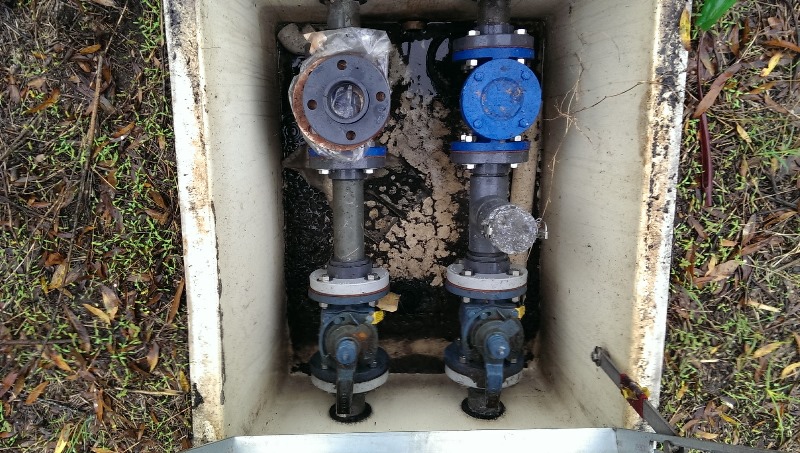
About 1/3 of Americans use a septic system to treat the waste leaving their homes. This is the system of choice in rural areas where a sewer system would be too expensive to install, as the homes are spread too far apart. If your home in Orlando, Florida, has a septic tank, do you know how to find the location? And how much do you really know about your septic tank?
It’s important for you to have a basic understanding of your septic tank. Let’s start by first understanding how a septic tank system works, including how it is set up. Basically, all the pipes in your house meet at one centralized pipe that connects to the septic tank, which is buried outside. These pipes take all of the waste water from your home to the septic tank– not just the waste water from the toilet, but also from the shower, dishwasher, and washing machine. This waste water flows into one end of the septic tank and flows out the other end.
Inside the tank, solids sink to the bottom, while the water and other wastes, such as grease, float to the top, causing a separation of the contents in your tank. When new water enters the septic tank, it pushes the old water out and into a drain field. The drain field is basically a set of pipes that filters the water back into the ground. The ground absorbs the water and nutrients.
A septic system is not run by power of any sort—it’s just gravity that helps everything flow downhill. Because of the water and nutrients that are absorbed above the drain field, the ground is usually more fertile. If you are unaware of where your septic tank is buried, call us at Mathis & Sons Septic in Orlando, Florida, to help you locate it. It will also be beneficial for us to walk you through the normal sounds and smells of a septic tank so you know what to look out for and when to be alarmed. It is a good idea to get your septic tank inspected annually and to get it pumped on a semi-frequent basis to avoid buildup and overflowing. Understanding how a septic tank system works and how to locate it will help you avoid costly and messy problems in the future.

